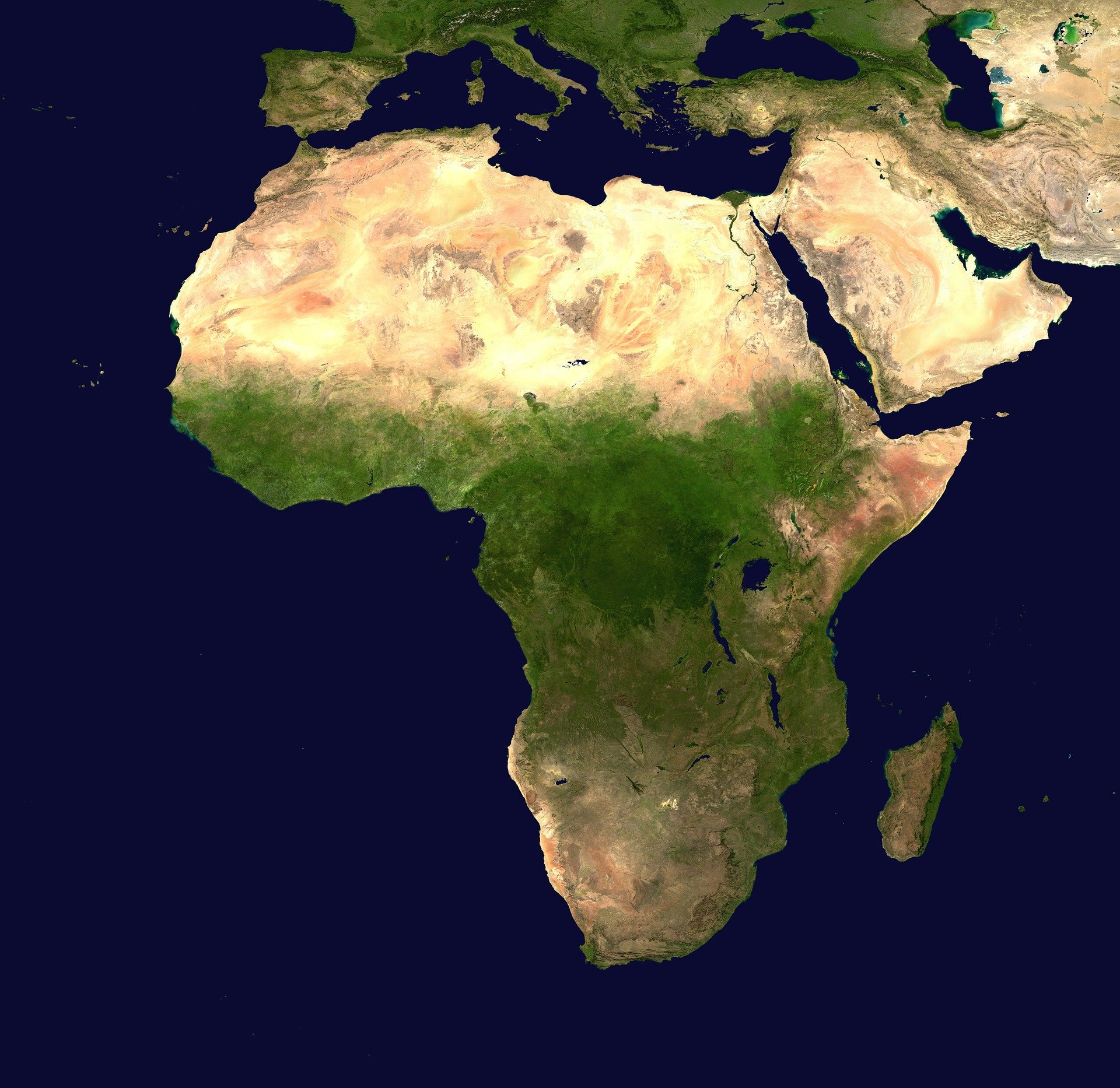Internationalization Strategies Of Turkish Companies
Emerging markets began to change the nature of competition in world markets from the last quarter of the 20th century
The global business world has been witnessing a radical change over recent decades. In the second half of the twentieth century, companies from the USA and Western Europe -and later Japan- dominated world markets for a long period of time. These companies exported their products to world markets through strong distribution channels. They enjoyed scale economies and developed their own brands. They engaged in foreign direct investment (FDI) in overseas regions to establish new production bases and to reach new markets. They successfully managed their global networks, utilizing their managerial know-how, and became multinational enterprises (MNEs). However, this dominant image of the developed country multinational enterprise (DC MNE) seems to have disappeared. Emerging markets that mostly offered raw materials, a cheap labor force, and new markets for DC MNEs began to change the nature of competition in world markets from the last quarter of the twentieth century. Despite their weak institutions, unstable political and economic conditions, and immature markets, these countries have, in this century, succeeded in becoming the home countries of rapidly growing companies. These firms, referred to as emerging country multinational enterprises (EC MNEs), have turned into successful challengers to DC MNEs. They successfully compete not only in their domestic markets but also in the home markets of their developed country counterparts.
During the period 2004–2015, Turkish firms made many outward FDIs
GLOBAL COMPETITIVENESS OF TURKISH FIRMS INCREASED
EC MNEs are not limited to a few countries. They originate from various economies, such as China, India, Brazil, Russia, Turkey, and South Africa amongst many others. UNCTAD (2017) statistics show that emerging economies now account for more than 28 per cent of global FDI outflows (408 bn USD). As of 2018, the number of EC MNEs from China, India, Russia and Latin America reaches 129 in Global Fortune 500 List. Among this group of emerging countries, Turkey possesses important features, such as its geographical location, and associated cultural and linguistic proximities to Central Asian, European and Middle Eastern markets. After 2003, competition in the Turkish market reached a new stage: the rising rate of imported goods and inward FDI due to erosion in the domestic market as a result of openness and liberalizing policies have over the years constrained opportunities to seek new markets.
Turkish companies seek superior technology or know-how by having full or majority ownership of their outward FDI
Moreover, not only domestic motivations but also the rising pressure of globalization and global competition have pushed Turkish firms to accelerate their internationalization processes. Economic improvements in the Turkic republics, strengthening relations with Arab countries, and rising investments in the EU have led Turkish firms into a new era, and the increasing international operations since 1990 have been boosted since 2003. During the period 2004–2015, Turkish firms made many outward FDIs.
During the period 2004–2015, Turkish firms made many outward FDIs
These investments have increased Turkish firms’ global competitiveness. Today, Turkey has the 17th largest economy in the world, and by 2018 its inward FDI stock was $208 billion and inward FDI flow was $13.1 billion; by 2016, outward FDI stock was $44.7 billion and outward FDI flow was $4.8 billion. Like most of the EC MNEs, Turkish companies are also late comers to international expansion and attempt to compensate for their competitive disadvantages especially when investing in developed countries. They seek superior technology or know-how by having full or majority ownership of their outward FDI. Unlike DC MNEs, EC MNEs have benefited immensely from inward FDI at home by using different linkages such as joint venturing or original equipment manufacturing with global players that have transmitted technological and managerial skills, leading them to undertake their internationalization later in some unconventional ways. For instance, Turkish MNEs (such as Sabanci and Koc Groups) have long used joint ventures and OEM manu facturing as common initial strategies to mitigate risk and gain access to superior technological and managerial know-how of their foreign partners. Following experiential learning and developing their own R&D in their joint ventures, Turkish MNEs prefer eventual full ownership by buying out their foreign partners. This has been witnessed not only in the outward joint ventures but also in the inward joint ventures of large Turkish conglomerates such as the Sabanci Group, which used its inward joint ventures with DuPont as a springboard for its outward joint ventures, which recently became its wholly owned ventures. Other examples include full acquisition of the German company Grundig, and also the acquisitions of white goods manufacturers Blomberg, Elektra Bregenz, Leisure, Flavel, Defy, Arctic and Dawlance by Turkey’s largest conglomerate, Koc Group; Eczacibasi Group’s acquisition of the highly prestigious Villeroy&Boch tile division; and the acquisition of the Godiva Chocolatier business for $850 million by Ulker Group, which is a diversified Turkish food giant. EC MNEs use international expansion through higher equity modes as a springboard to secure preferential treatment offered by emerging country governments and also to bypass trade barriers into developed country markets. Some Turkish textile and clothing companies invested in Egypt, as a springboard to gain preferential financial and non-financial treatment, and Jordan as a gateway to increase exports to the USA. It should, however, be borne in mind that it is of the utmost importance for EC MNEs to invest time and money in investigating as many factors as possible prior to the choice of a particular equity ownership in their outward investments. In some circumstances, the wrong choice may threaten the survival of the investing firm. Emerging country investors should ensure that they concentrate on the factors that are most relevant to their own situation.
Academician Prof. Dr. Ekrem Tatoğlu



